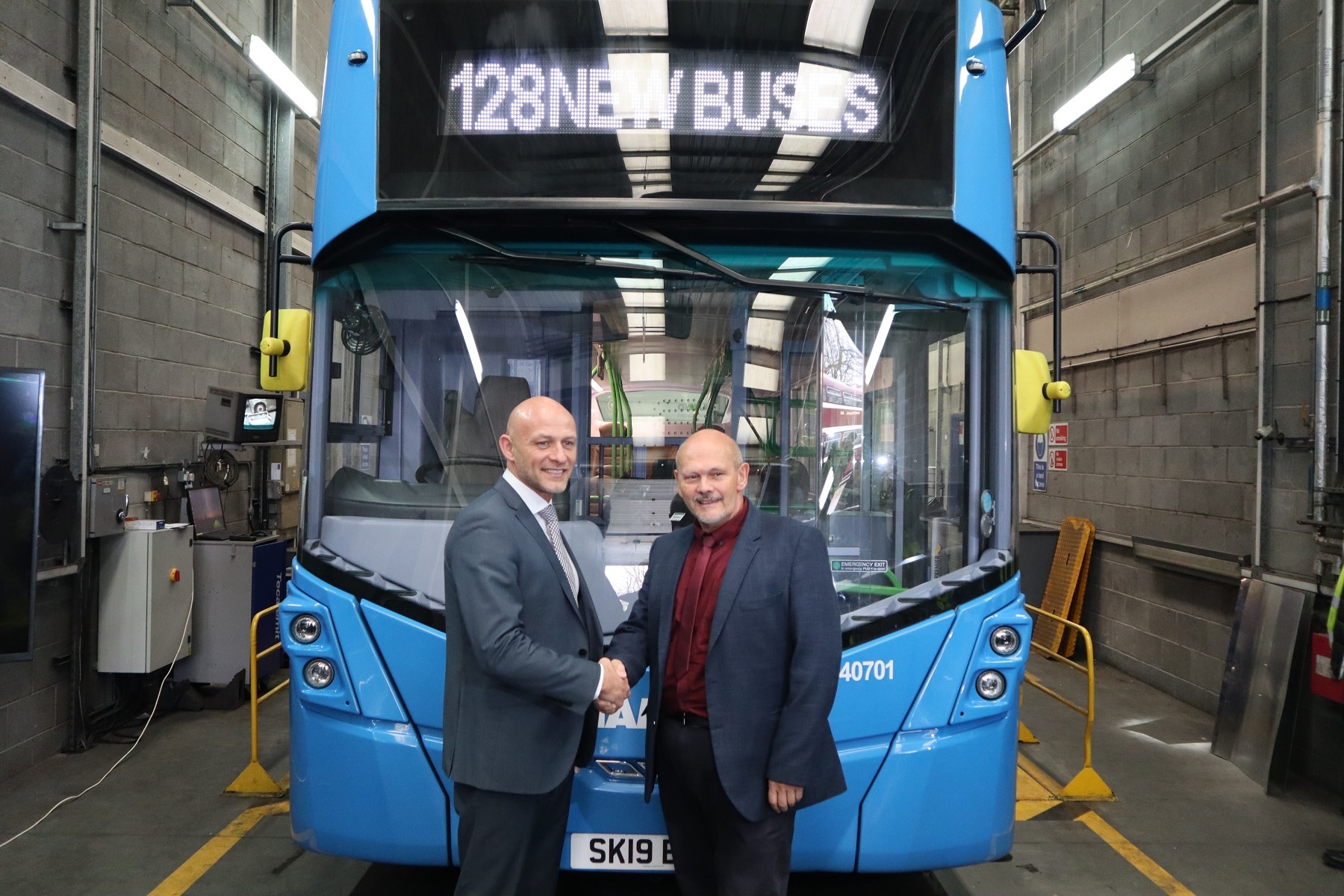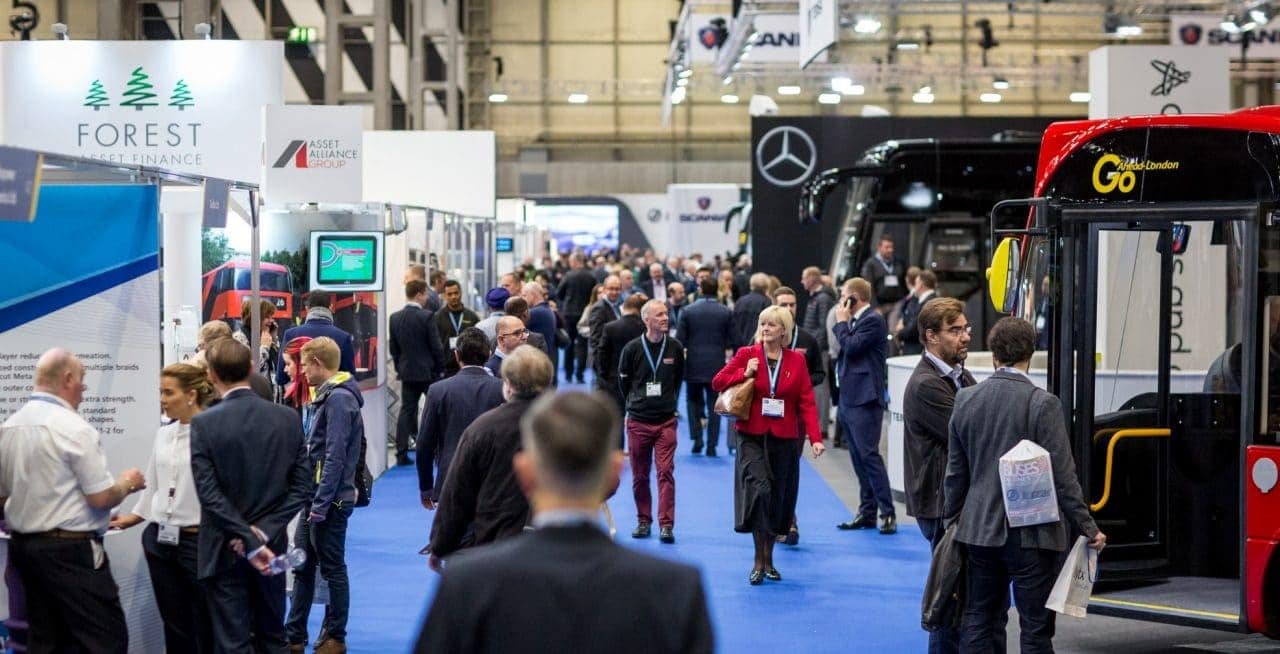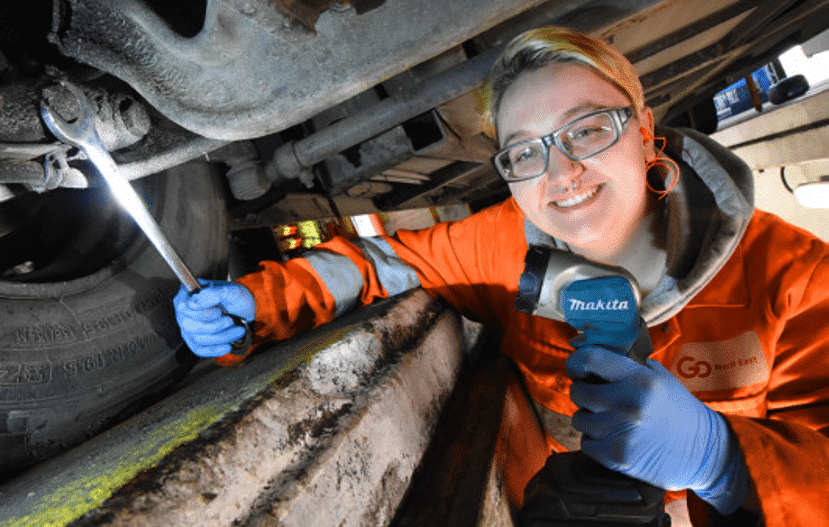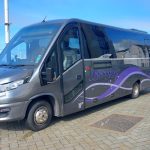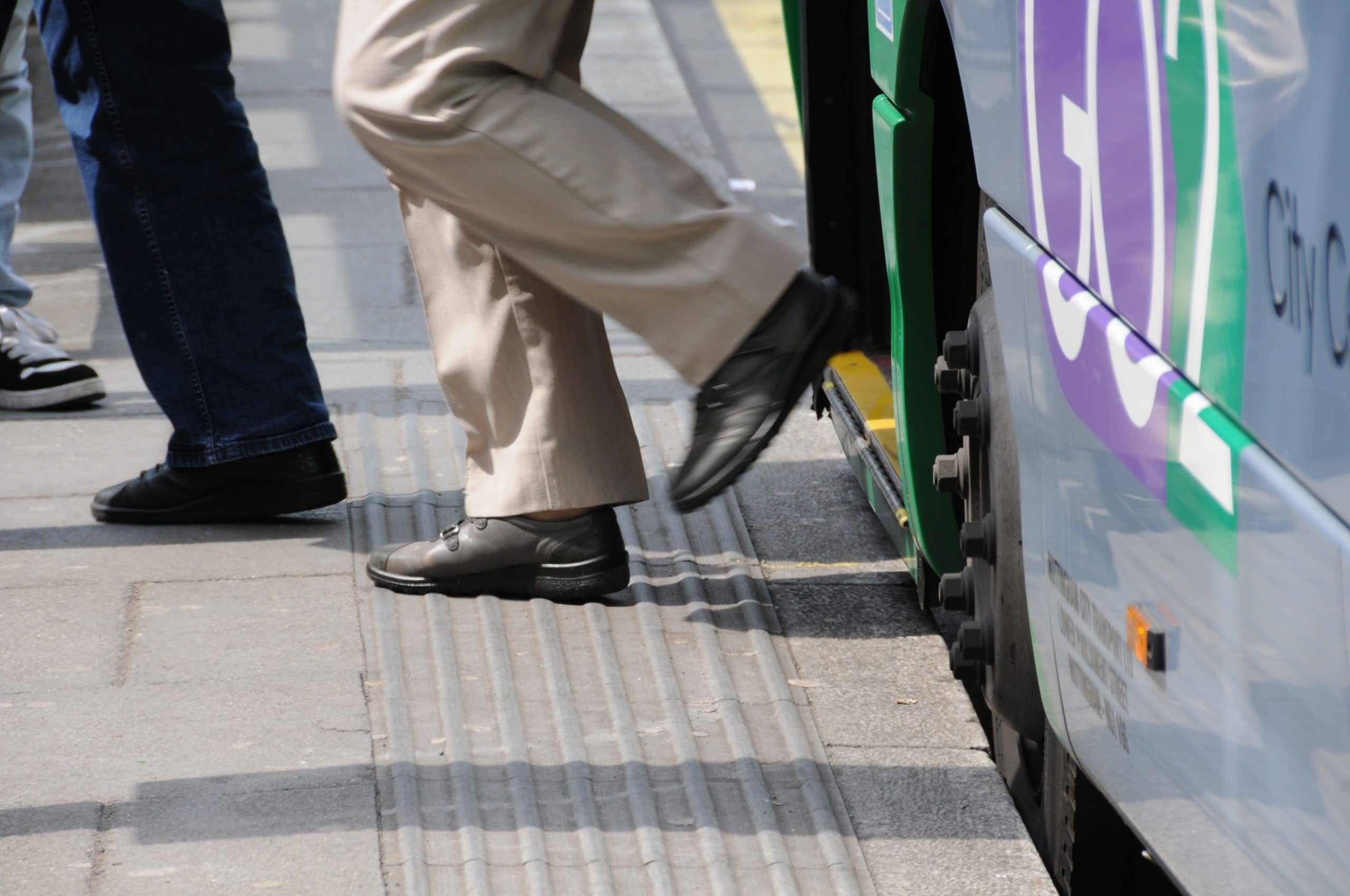Rotala will continue the transformation of its Diamond Bus North West (DBNW) operation with the delivery of 128 Wrightbus StreetDecks to Bolton depot in 2020. They are part of Rotala’s 163-bus order with the Ballymena manufacturer that is worth over £29m.
That is a landmark deal for both companies. As part of the order, Rotala will also receive StreetLites for its operations in the North West, the Midlands and at Heathrow Airport.
For DBNW’s Bolton depot, the news is highly significant. The 128 new buses will represent 60% of the its 212-strong fleet. They will complement 16 existing StreetDecks that have been added since Rotala purchased the operation from First in 2019.
Diamond Bus North West: Building a business
While work has been underway in the background since then, one of Rotala’s priorities was to improve the Diamond Bus North West fleet, says MD Bob Dunn. As part of the deal with First, Rotala leased 125 vehicles. Some have been returned already. The new StreetDecks will allow that process to be completed.
They will also allow a rationalisation of Bolton’s vehicle parc. At the time of purchase, it consisted of three types. It now has 18, including some unusual combinations. That came about as Rotala began to replace the ex-First stock with second-hand purchases and buses transferred in from elsewhere.
“Even before this order was confirmed, we had invested £5m in the Bolton fleet,” says Bob. Some of those incoming buses are OEM Euro VI; a lot of the others are suitable for retrofitting to achieve the same standard. That makes sense in view of plans for a Clean Air Zone in Greater Manchester.
Besides vehicle changes, Rotala has invested in facilities at the Bolton depot. It is also working to engage more constructively with staff and passengers.

As an example of the latter, a seven-strong customer service team works at Bolton six days per week, part of work to decentralise functions that were previously carried out elsewhere by First.
Rotala entered the Greater Manchester market in 2015, when it purchased South Lancashire Travel (SLT).
It had been looking to forge a presence there for some time prior to that transaction, having examined the purchase of another operator in 2013.
Bob accepts that Rotala’s start in the conurbation was slow, and that it struggled to get to grips with certain aspects of the SLT business. Bolton, he continues, remains a work in process.
Rotala says no to franchising
What could be the most surprising aspect of the scale of Rotala’s investment in Bolton is that it comes against a backdrop of a move towards franchising by the Greater Manchester Combined Authority.
It could have been expected that, as a new entrant to the region, Rotala would be in favour of that mechanism. But it is vehemently opposed to it. The group believes that its lean management structure and an ability to make decisions quickly position it well in a commercial market.
CEO Simon Dunn points to the work that the group has done with Transport for West Midlands that delivered passenger benefits via partnership as an example of that. It is only under those circumstances, he says, that patronage can grow.
Bob adds that as a group, 73% of Rotala’s mileage is operated commercially. 24% is contracted and 3% is ‘speculative’, principally coach hire.
In attendance at last week’s order announcement event was Gary Nolan. He is CEO of Greater Manchester operators’ association OneBus, of which DBNW is a member. OneBus’ opposition to franchising is well known and it believes that partnership can deliver the same results more quickly.

OneBus accepts that problems exist with buses in Greater Manchester.
“There is no doubt about that,” says Gary.
But he believes that the impacts of franchising have still not been investigated fully.
In fact, he says that the reason for some of the challenges that face buses is down to a reduction in public financial support.
“There would be no need for an announcement of £5bn of funding if the industry was already awash with money,” he suggests.
Rotala and Wrightbus: Two peas in a pod?
The investment that Rotala is making in Greater Manchester illustrates some of what could realistically be delivered commercially by other operators if partnership was to come to the region.
While Bob and Simon recognise that they still have work to do, they say that Rotala will continue to look for new ways to build the DBNW business.
The group’s ability to move quickly and do things that other operators could not harks back to the days of Dunn-Line, the East Midlands operation that the Dunn family founded in the 1980s.
“Then, we were always looking for a new angle and always looking to be different. At Rotala it is much the same, albeit on a much larger scale. But it is an identical principle,” says Bob.
Wrightbus, too, is in a similar position. New ownership and direction is instilling a modernised approach to how it does business as it sheds previous shackles. There is a lot in common between it and Rotala – and that is a good thing for both companies.













